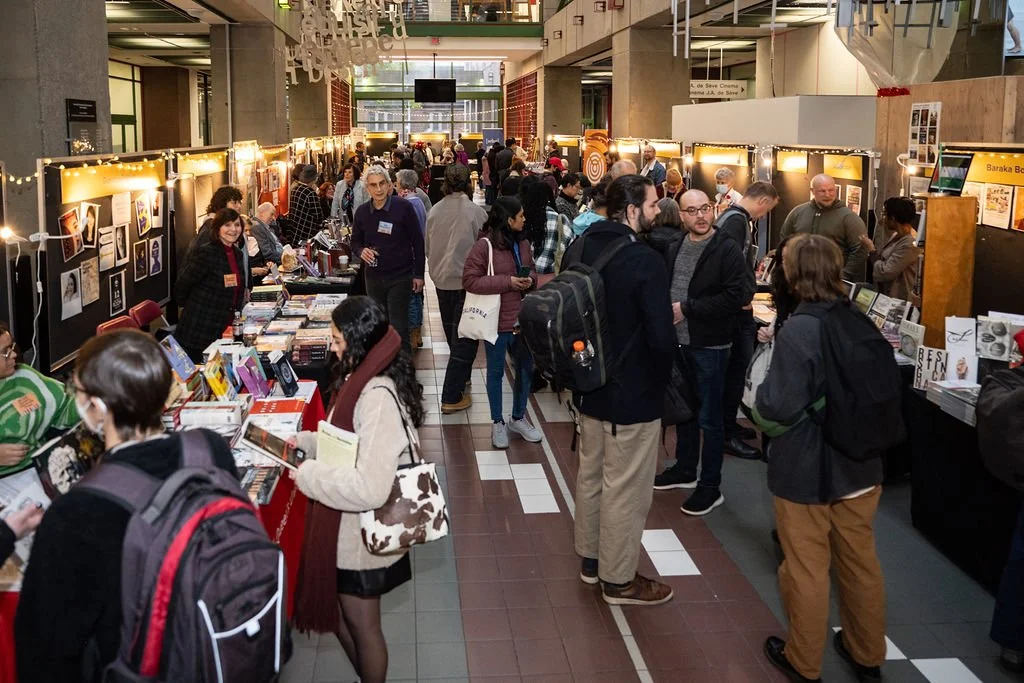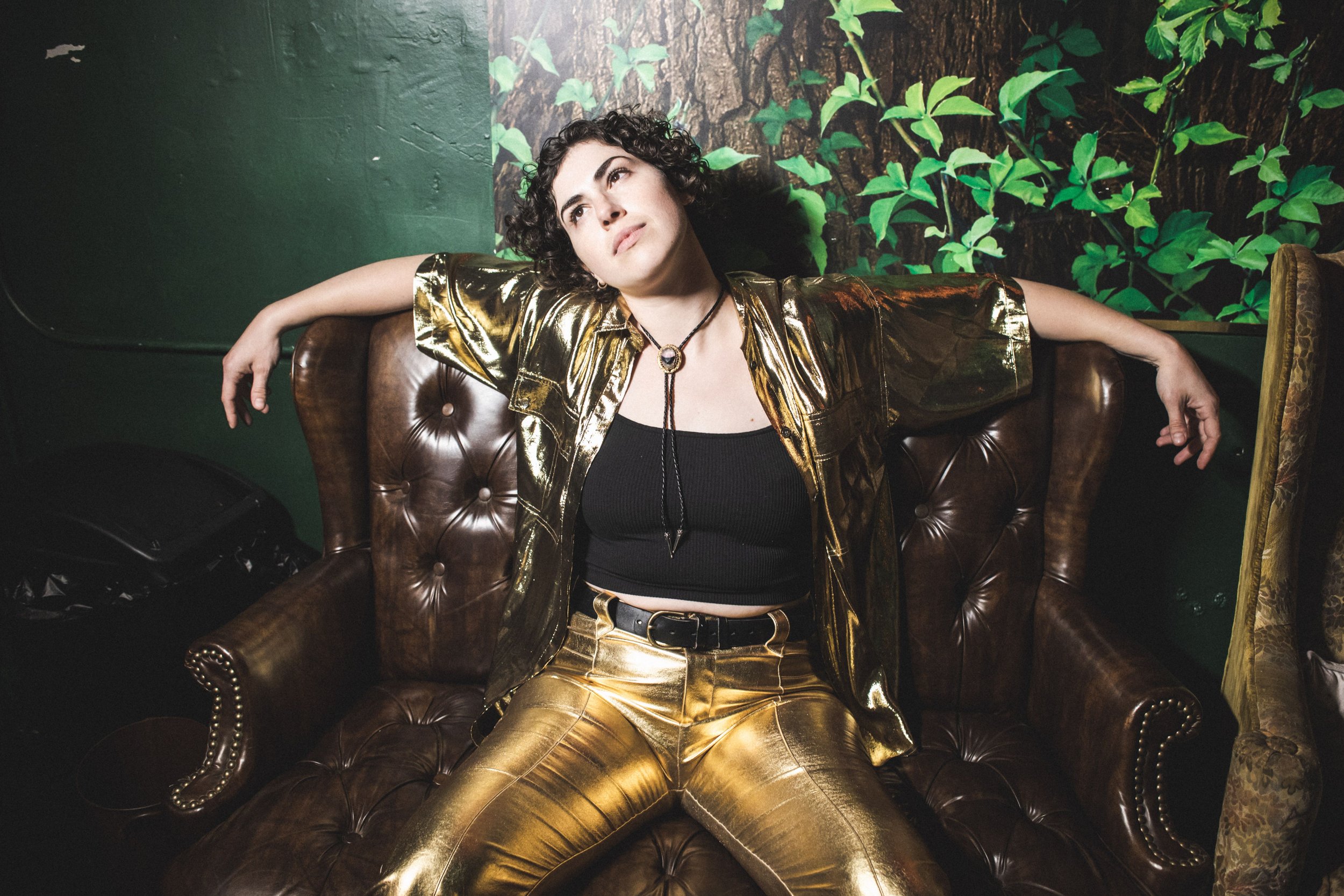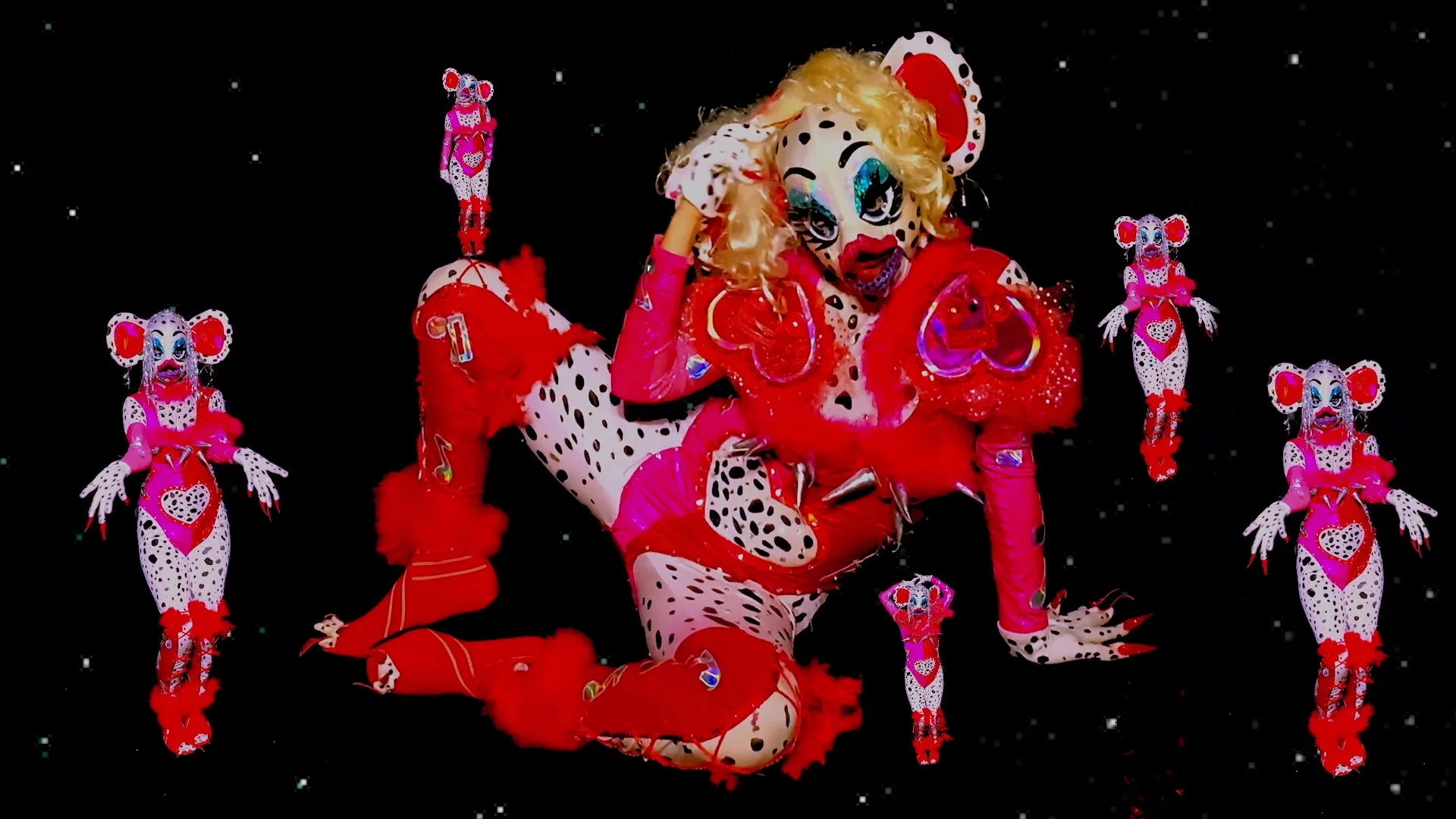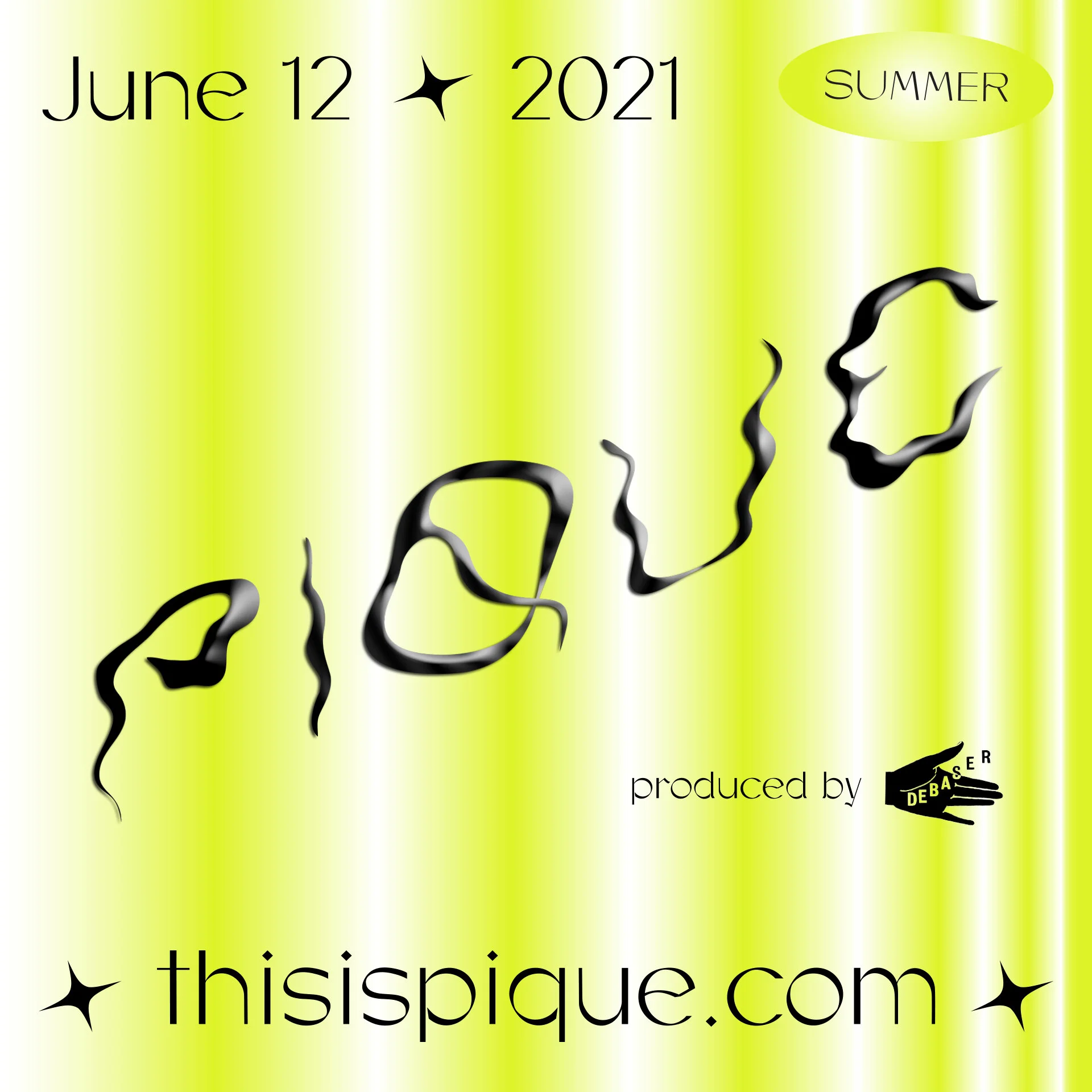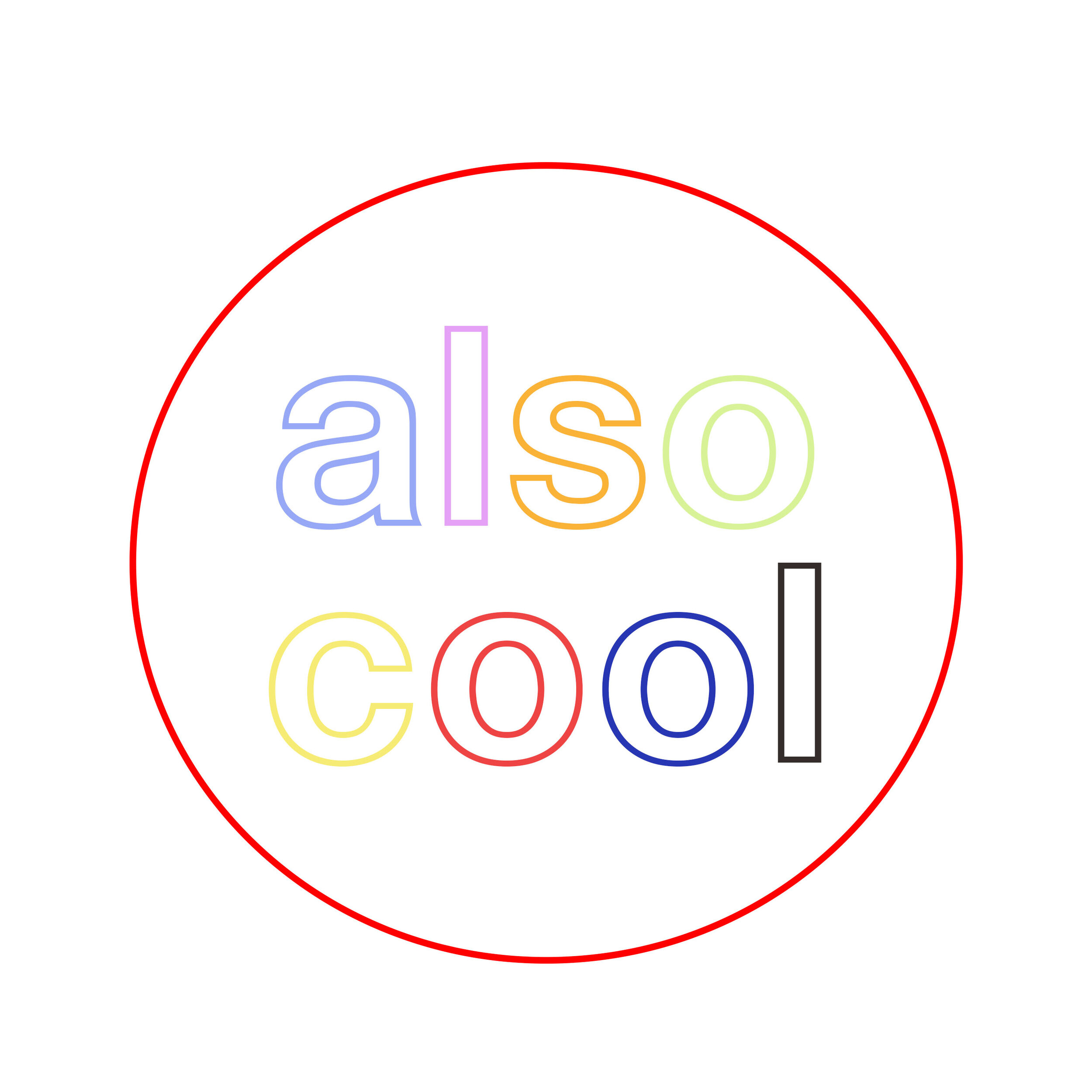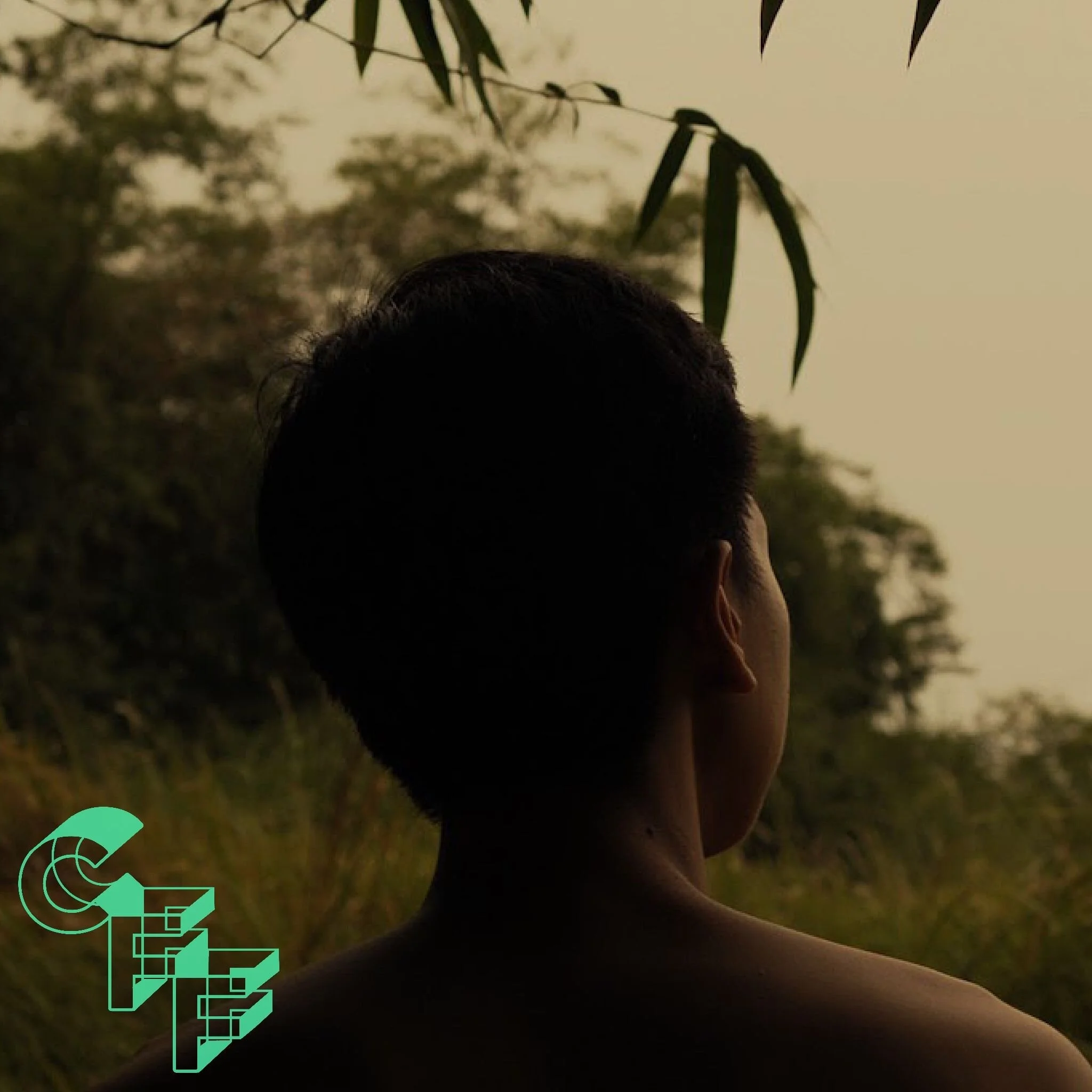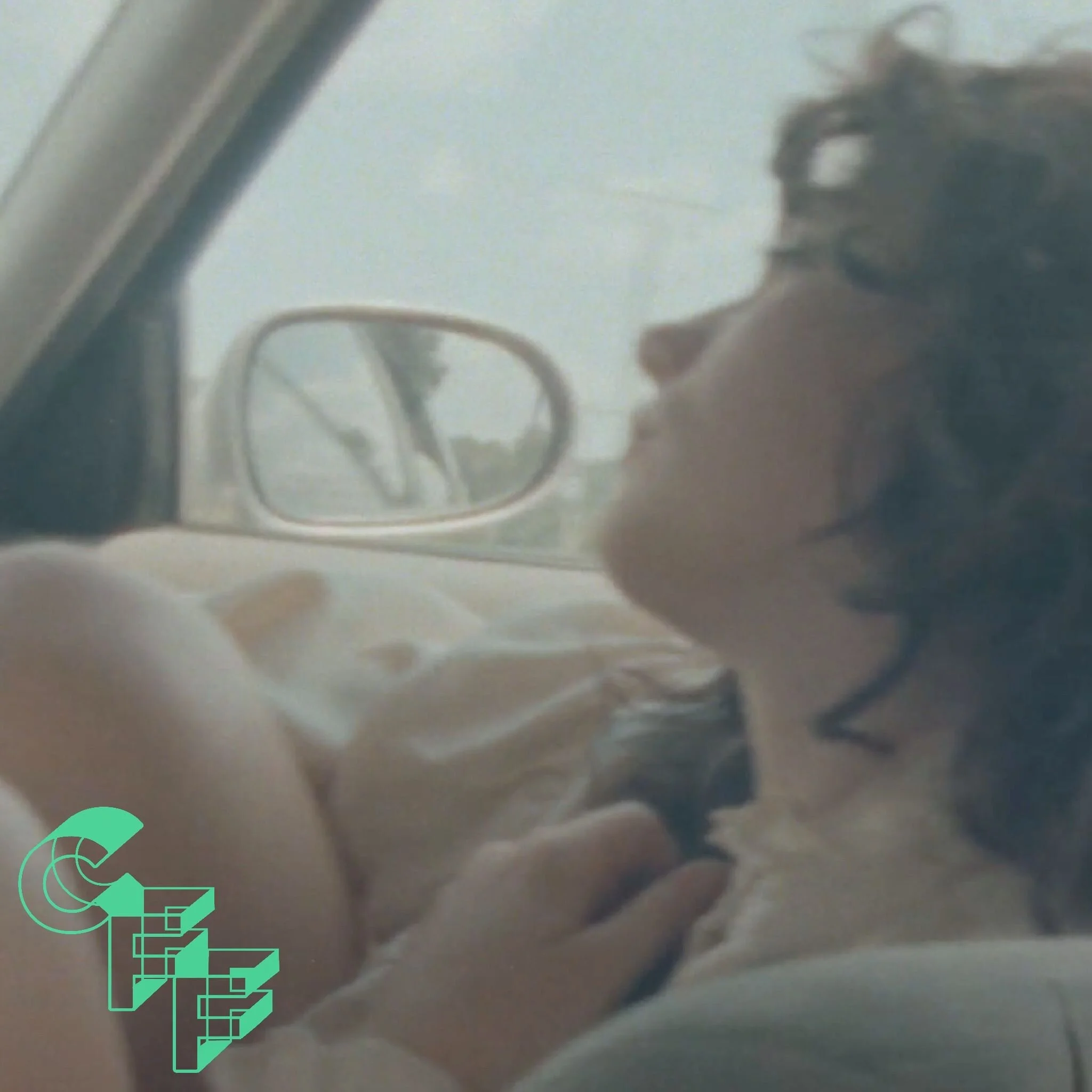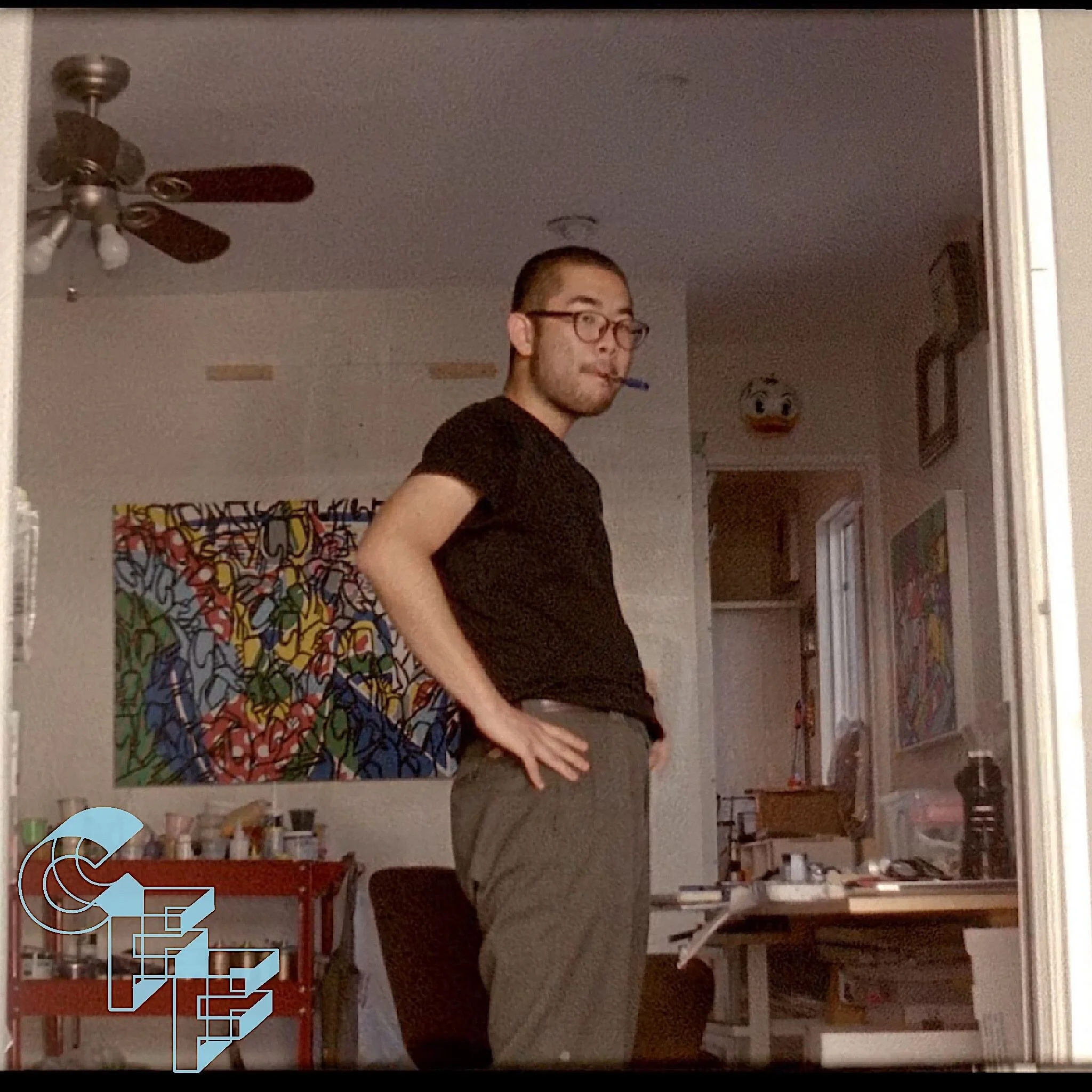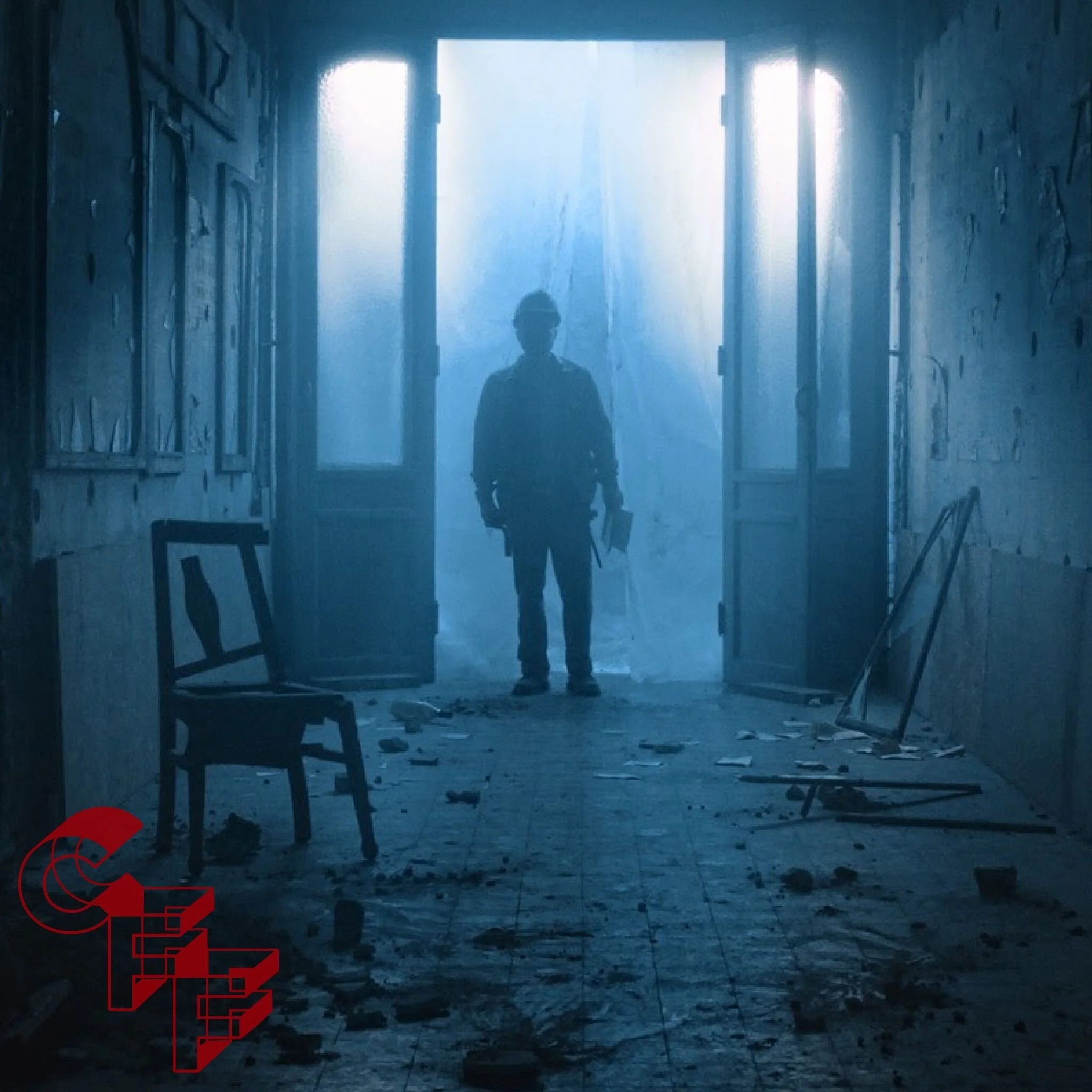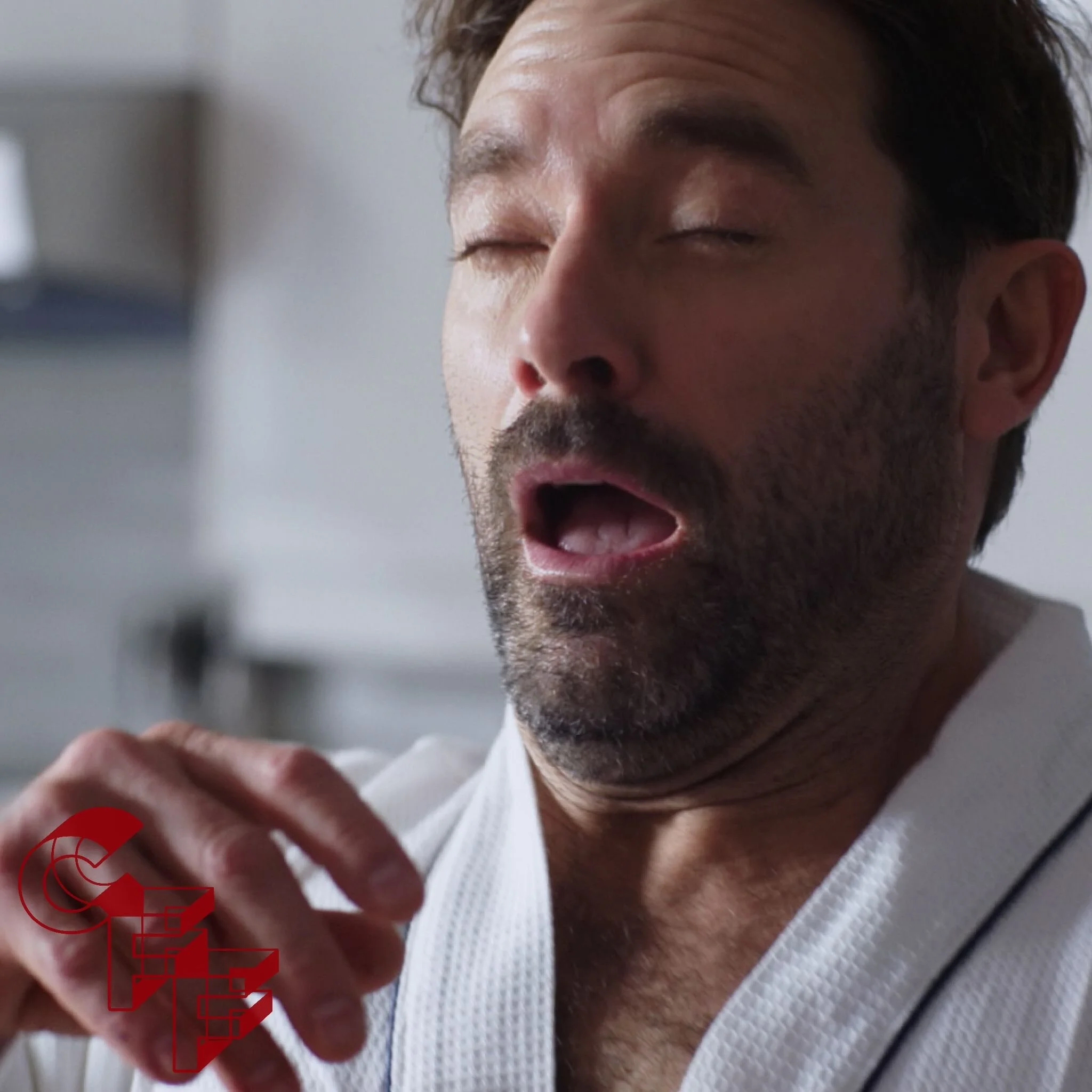Doulaing During a Time of Uncertainty: Lena Ford’s Journey Through Birth Spaces as a Montreal-Based Doula
Artwork by Liv Meek AKA Regularfantasy
Editor’s note: The following article explores themes that readers may find distressing, including medical racism and death. Reader discretion is advised.
In our latest feature, Concordia University student Celia Caldwell interviews Montreal-based doula Lena Ford about her career in the birthing field. In their three-part conversation, Caldwell and Ford discuss the important (and often unrecognized) work led by doulas in birthing spaces, and how systemic inequality and the COVID-19 pandemic Impact professionals and clients alike.
I. DOULAING YOURSELF
Celia Caldwell: What made you want to become a doula?
Lena Ford: Around age fourteen or fifteen, I realized that I was fascinated by pregnancy. I thought it was the most intriguing yet bizarre thing and I knew that I wanted to be involved. In high school, I would watch birth videos from the glow of my screen. My classmates hovered over my shoulder and scoffed, Why are you watching birth videos?
As time progressed, I learned about doulaing. My parents had a doula when I was born, and now she is my mentor. A lot of people think that being a doula is a gateway to becoming a midwife. While that can be the case, I am more so interested in the emotional side of birth.
CC: Can you talk a little bit about what doula training is like?
LF: The most reputable household-name in North American doula training is DONA. When I read about DONA, I didn’t know if it was a good fit for me. It mostly entailed readings, and it was a weekend-long in-person training. So much of this work consists of educating yourself on how to naturally bond with, react to, and care for people. The idea of only having a weekend of training made me uncomfortable.
I wanted to look for something else. I was told through my friend’s mom —who is a midwife— that a well-known doula in Toronto named Sasha had a training program called Awakening the Village. My eyes lit up because Sasha was my parents’ doula. Sasha and I had never talked before; she hadn’t seen me since the day I was born. One morning, I called her and said, “I don’t know if you remember me, but you were at my birth in Toronto.”
It was lovely coming together. We were both emotional and I felt at home with the idea of her as my mentor. The training is a weekly meeting on Zoom. I’m just so grateful that I had the opportunity to do this because, obviously, we learned about practical skills and how to best support people. But the emphasis is on doulaing yourself and working on yourself before you can do this for other people.
That [approach] has been so incredibly helpful, and now I am a part of the Alumni Program at Awakening the Village. I can jump in and out of any call that the new cohort is attending. It’s an amazing community.
CC: I oftentimes feel like doulas are not recognized for their labour. I think the work can go unseen or not receive recognition from the general public, and even people within the birthing field like midwives and doctors. It can be perceived as an almost invisible labour, especially with home-births because they take place behind closed doors. In general, there is a patriarchal pressure to keep the process of birth and anything post-birth private. How do you grapple with not receiving recognition from others?
LF: This is a field that is not recognized very much at all. Midwifery is completely discredited. To this day, it is still not regulated in both Prince Edward Island and the Yukon. Doulaing is even more undervalued than midwifery. I experience so many different types of births. Whereas, if you’re a midwife, more often you’re experiencing a specific kind of birth. If you’re an obstetrician, then it’s a specific kind of birth.
A doula can show up to any birth space, so I think there’s a hard-line when we’re not medically trained and we’re not supposed to give any sort of medical advice. I think finding that line is difficult, and it’s so incredibly hard to make yourself seem worthy, especially in a hospital space.
Half of the work is just trying to prove that we have a place in the birth space. Especially with the whole rise of the medical-industrial complex in Western society. All of the emphasis is on the doctor, the baby and what’s going to make the process of birth the most efficient. None of the emphasis is placed on the birth-giver and their well-being. There is an enormous clash between medical professionals and the individuals that are offering the birth-giver emotional support.
II. A HOME-BIRTH IN THE AGE OF COVID-19
CC: You mentioned to me that you attended a birth in April of 2020 during the first wave of the pandemic, when the entire world didn’t really know what to make of COVID-19 yet. Can you tell me about this experience?
LF: My client was planning on giving birth at the hospital. I met her and her husband right before the pandemic, just two months before their due date. This was daunting for me because I was going to have to navigate the hospital system for the first time.
I feel more drawn to home-births, but I was excited nonetheless. When the pandemic hit, hospitals were, and are pretty much still, only allowing one support person in at a birth. Oftentimes it is the partner, but in certain situations, the primary person would be the doula if the birth giver does not have a partner. With only one support person in the hospital, doulas were being shut out. Even worse; some people were forced to give birth alone, which was the most heartbreaking thing for the birth community to hear.
This generated lots of discussion on the doula-related Facebook groups that I am involved in. There was a conflict between wanting to respect the hospital’s COVID-19 restrictions and ensuring that our voices were being heard.
As I scrolled through paragraphs of doulas’ stories, I thought to myself, We do deserve a place in the hospital, we are essential. One can look at it like, It’s all fun and games. We do our grounding meditations and we bring our essential oils and we let our clients relax on us. One can easily stereotype a doula. However, if you see the stats and do the research about postpartum, you will see that we change lives.
It was challenging because I didn’t want to scare my client, but I needed to prepare them in case I wasn’t allowed to attend the birth.
I said, “I still want to be on call. I still want to know when she’s going into labour, so I will be available by phone if you need me.” At 11PM, the day after my client’s due date, I received a call from her husband.
He calmly said, “Hi, she’s having contractions. Also, we just decided to have a home-birth. Can you come?”
CC: What did the home-birth setting feel like and look like?
LF: The bed took up the entire room. We were all shuffling past each other. The husband felt uneasy about seeing his wife in an extraordinary amount of pain. It was tense, but we all had to keep that at bay for the sake of creating a calm environment for my client.
The entire experience was rather eerie but, also, so incredibly beautiful at the same time. Their son was fast asleep in the next room. My client didn’t want to wake him up, but I told her, “You have to release whatever you need to release.” The reality of birthing in a city, in a high-rise with neighbors nearby, heightened the tension.
III. SOCIOECONOMIC INEQUALITY & RACISM IN BIRTH SPACES
CC: What is the most rewarding part of being a doula? Or can you think of a rewarding moment that you’ve had?
LF: Being present for someone else’s birthing experience is as much of a gift to me as it is for [my clients].
At the end of the day, when the baby arrives, a tranquilizing wave fills the room. Everyone releases a sigh of relief. All of the intensity that once consumed the room floats away when the baby begins to cry. At that moment, you are overwhelmed by human life. My mind is submerged in disbelief by the birth-giver’s accomplishment.
Though I want to make a career out of this and support myself, I recognize that the birth community needs professionals to do labour pro-bono as well. At the same time, I also know that birthing experiences for white people are so incredibly different than for Black, Indigenous and racialized people. So, it is important to make space for doulas of colour to connect with their communities, as some clients of course prefer a person of colour to support them during their birth.
The statistics are appalling when you see how many people of colour die in childbirth due to systemic racism. One thing that excites me about this work is that I have the opportunity to step into birth spaces and do what I can for my clients. But, I also know that I don’t have all of the answers, and it’s not necessarily me that needs to be the one to support them.
Learning to be a doula has honestly changed the way I live my life. I am learning to reach outside of myself and give my all to someone else. Doulaing has given me the gift of holding space for other people. I am having a hard time finding the balance in that too.
I think what’s interesting about this job is that I will never not be learning. It is incredibly daunting to reflect on. I see that in my mentor and in other doulas that I have spoken to. I’m going to come across something new in every single birth that I attend and every family that I work for.
Celia Caldwell (she/her) is a Tiohtiá:ke/Montreal-based writer. She was born and raised in Nacotchtank/ Washington, D.C. She currently studies Honours English & Creative Writing at Concordia University. She was the Development intern at PEN America. In the fall of 2019, she was the Assistant Outreach Coordinator at Vallum Contemporary Poetry Magazine. She is interested in the intersections of poetry, journalism, mental health awareness, and learning disability politics.
Liv Meek is a graphic designer, DJ and music producer based out of Montreal.
This interview has been condensed and edited for clarity.





